
Jun 7 , 2020
By Eden Sahle
What has happened to Haymanot Bedada, a student at Tikur Anbessa Hospital Health College, has been burned into our memories ever since we first learned the terrible news. She was stabbed to death in the laboratory of the College, the Addis Abeba Police Commission has confirmed. What occurred was heartbreaking and unimaginable.
It is impossible to imagine the agony her family must be going through, no matter how strong they will try to be. The loss of a loved one is never easy to deal with and is extremely difficult to heal from. Her family deserves all the support it can get and should be assured that no cause or circumstance justifies the loss of a person with so much to look forward to. It is in such times that our justice system should rise to the occasion and hold those who are responsible for such acts to account.
Although it shakes us to our core to hear about these acts of violence, they are a daily occurrence. Many of us, including myself, have been touched with it at some time in our lives. It is only when it happens directly to us that we realise how deep the trauma goes.
A few years back, when I used to work late into the night, I would need someone, usually my father, to walk me the last leg of the dark streets leading down to our home. On one Monday night after I left the office late as usual, I tried to get in touch with my father over the phone so he could come and fetch me.
Luck would have it that I could not. While he was at home waiting for my call, he fell asleep.
I tried several times to reach him but finally decided to trek alone, hoping at least our community guard would be around. But I was unlucky. He was not.
I almost made it home safe before four men surrounded me several steps from my home. For a moment I stopped breathing. I can see the gate to our house, but I lost my voice to call out for help. When the four men started attacking me, I realised what was happening, but I could not say or do anything. I froze.
They took all my valuable belongings. But they did not stop there. They tried to suffocate me, but suddenly I started defending myself. Call it survival instinct. One of the men tried to attack me with a knife, but I managed to keep my distance. Two of the men fled with my belongings, while the two others continued to fight me. But enough of a disturbance had been created in the neighbourhood that people, including members of my family, started coming out of their houses. The remaining two men ran away as well.
It was horrific for my family and the neighbours to find me under those circumstances. My entire shirt was soaked in blood, and my eyes and face were heavily swollen.
I was rushed to the hospital. My recovery from the attack took a couple of weeks, but due to the knife cuts I experienced, doctors put me through a three-month screening test to check if I had contracted HIV or Hepatitis, or both, from the knife wounds. For 90 days I had to wait to find out if I had any one of these diseases.
Days later, the four men were captured. I was able to remember one of them. When I had hit him on the nose, and he had fallen to the ground, I was able to have a clear look at him. My identification led to his arrest, and the rest of the men were sentenced to four years each. This was comforting news for my family and me, but things would certainly change for us.
I was distressed; so was my family, especially my father, who blamed himself for my attack.
To help me recover, my doctor introduced me to female patients who had also been attacked. I felt very selfish for complaining about my attack after meeting these brave women. They had stood strong despite being robbed and raped. Some of them had contracted HIV from their attackers, and all of them went through deep psychological and physical trauma.
Their strength helped me to endure those agonising three months as I waited for my results to come. I was HIV and Hepatitis negative in the end, exciting news for my family and me. It was a milestone in the healing process. But meeting women who had contracted illnesses and severe injuries, some of whom took their own lives, reminded me I have sorrow to endure.
Their stories will continue to pain me forever, and what happened to Haymanot is a fresh pain for all of us. It is a reminder that policing and the justice system should always be efficient enough to create a deterrence and provide security and justice to everyone.
We should all stand strong in denouncing injustice and contributing what we can in the fight to stop violence against innocent people. Crime is indeed a problem that calls attention to the greater socioeconomic under-development of our country, which is why it would likely take time and effort. In the meantime, the administration of justice should be stringent, and policing should be made effective.
PUBLISHED ON
Jun 07,2020 [ VOL
21 , NO
1050]
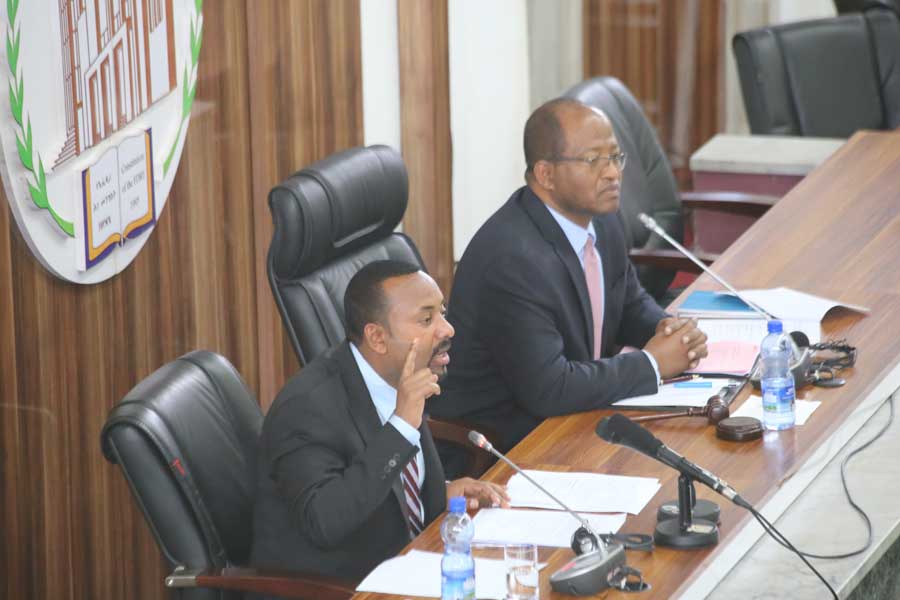
Fortune News | Oct 26,2019

Viewpoints | Jun 05,2021
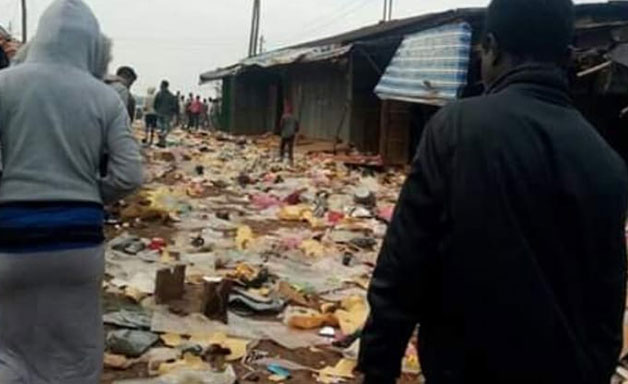
Fortune News | Jul 20,2019

Sunday with Eden | Jan 14,2023

Sunday with Eden | Jul 10,2020
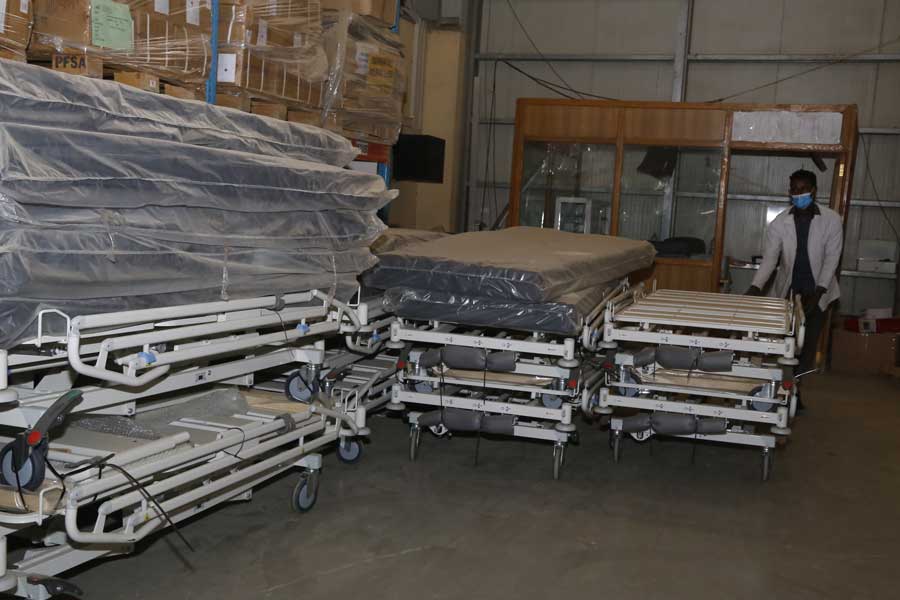
Agenda | Mar 13,2021
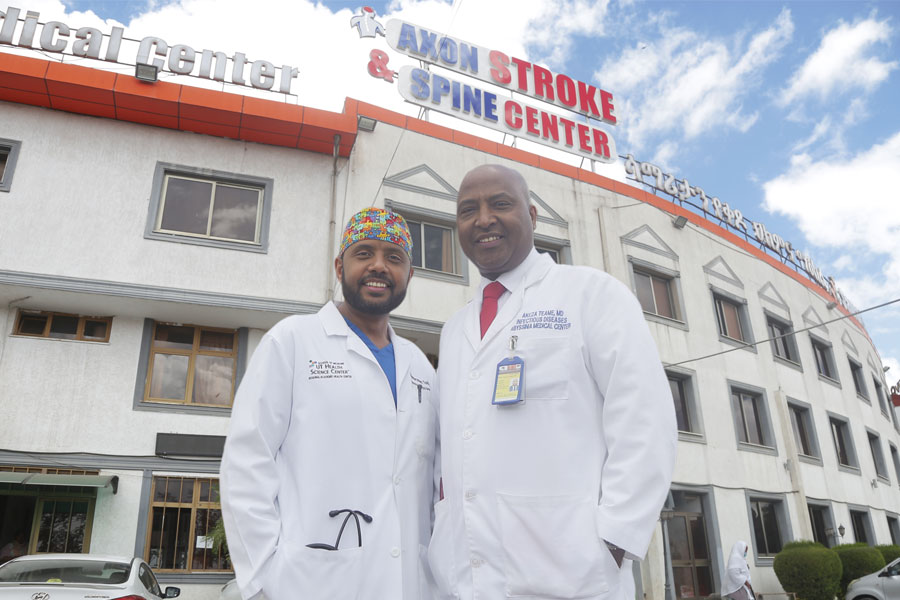
Featured | Nov 12,2022

Viewpoints | Nov 06,2021
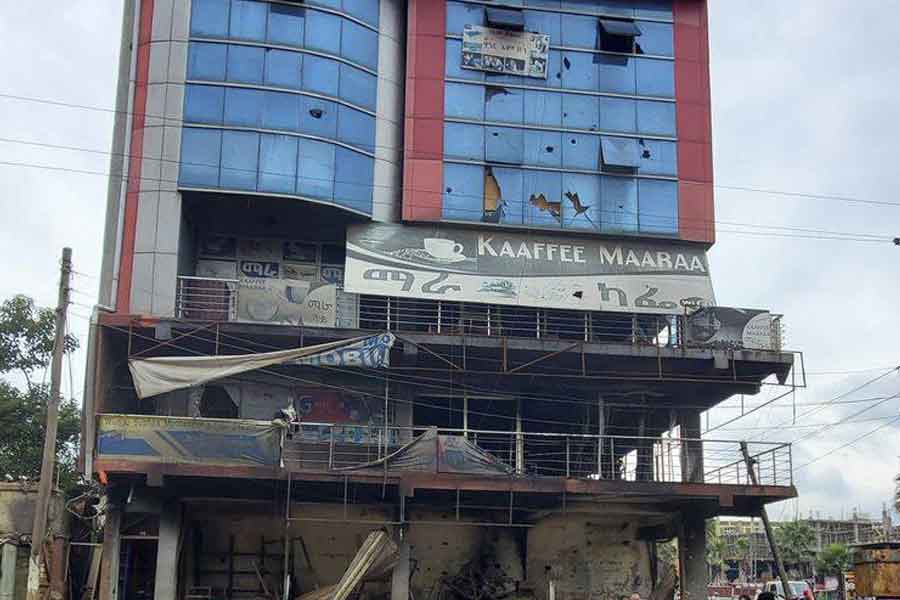
Fortune News | May 29,2021
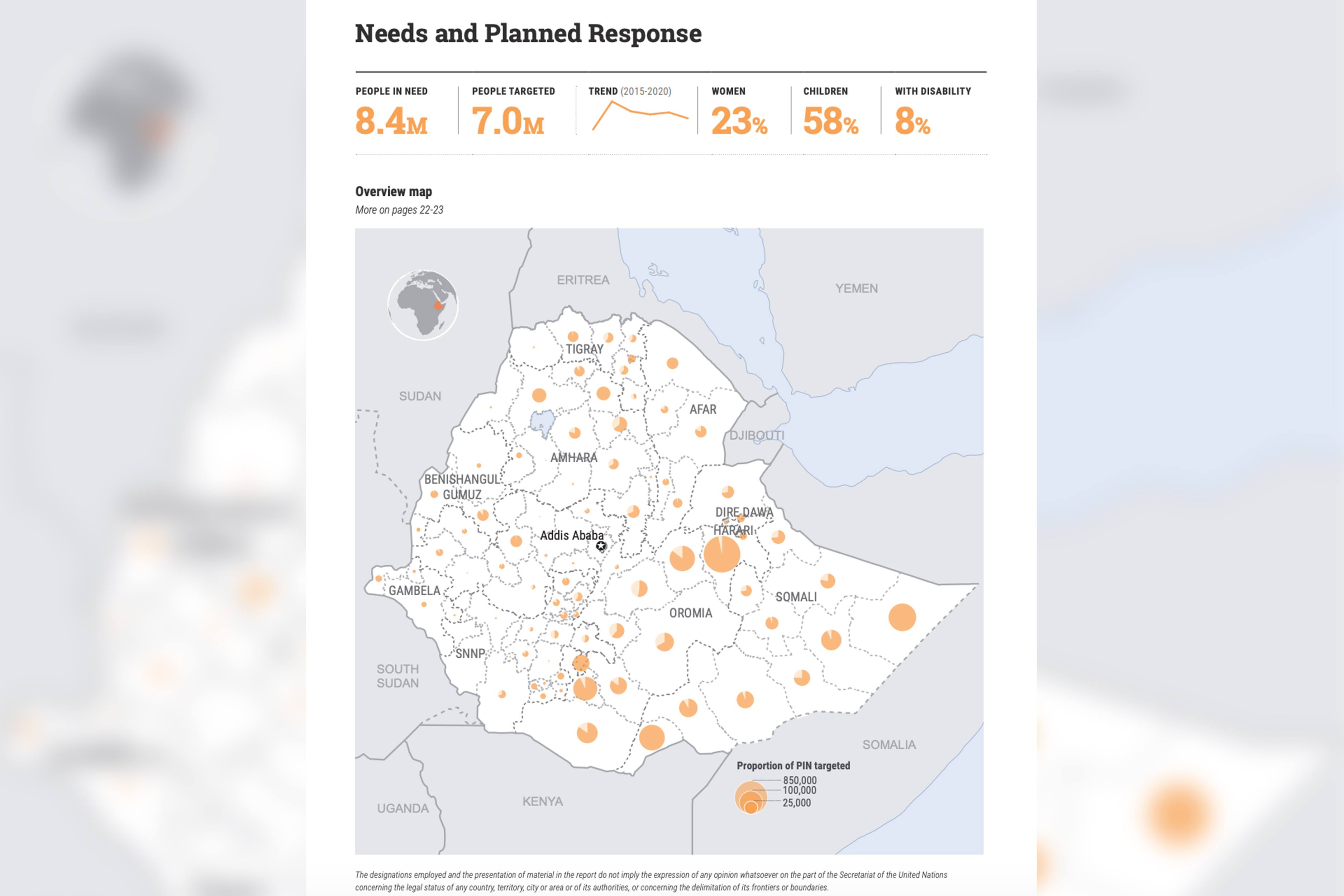
Fortune News | Mar 13,2020

My Opinion | 131548 Views | Aug 14,2021

My Opinion | 127903 Views | Aug 21,2021

My Opinion | 125879 Views | Sep 10,2021

My Opinion | 123510 Views | Aug 07,2021

Dec 22 , 2024 . By TIZITA SHEWAFERAW
Charged with transforming colossal state-owned enterprises into modern and competitiv...

Aug 18 , 2024 . By AKSAH ITALO
Although predictable Yonas Zerihun's job in the ride-hailing service is not immune to...

Jul 28 , 2024 . By TIZITA SHEWAFERAW
Unhabitual, perhaps too many, Samuel Gebreyohannes, 38, used to occasionally enjoy a couple of beers at breakfast. However, he recently swit...

Jul 13 , 2024 . By AKSAH ITALO
Investors who rely on tractors, trucks, and field vehicles for commuting, transporting commodities, and f...

Jun 28 , 2025
Meseret Damtie, the assertive auditor general, has never been shy about naming names...

Jun 21 , 2025
A well-worn adage says, “Budget is not destiny, but it is direction.” Examining t...

Jun 14 , 2025
Yet again, the Horn of Africa is bracing for trouble. A region already frayed by wars...

Jun 7 , 2025
Few promises shine brighter in Addis Abeba than the pledge of a roof for every family...

Jun 29 , 2025
Addis Abeba's first rains have coincided with a sweeping rise in private school tuition, prompting the city's education...

Jun 29 , 2025 . By BEZAWIT HULUAGER
Central Bank Governor Mamo Mihretu claimed a bold reconfiguration of monetary policy...

Jun 29 , 2025 . By BEZAWIT HULUAGER
The federal government is betting on a sweeping overhaul of the driver licensing regi...

Jun 29 , 2025 . By NAHOM AYELE
Gadaa Bank has listed 1.2 million shares on the Ethiopian Securities Exchange (ESX),...